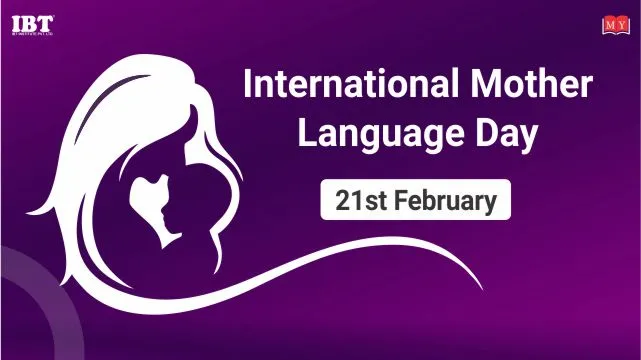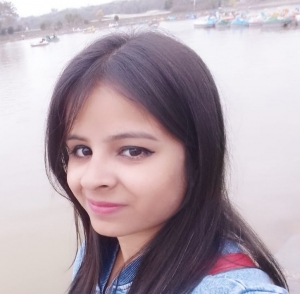
International Mother Language Day : 21st February
International Mother Language Day is a worldwide annual observance held on 21 February to promote awareness of linguistic and cultural diversity and to promote multilingualism. First announced by UNESCO on 17 November 1999, it was formally recognized by the United Nations General Assembly with the adoption of UN resolution 56/262 in 2002. Mother Language Day is part of a broader initiative "to promote the preservation and protection of all languages used by peoples of the world" as adopted by the UN General Assembly on 16 May 2007 in UN resolution 61/266, which also established 2008 as the International Year of Languages. The idea to celebrate International Mother Language Day was the initiative of Bangladesh.
Theme : "Multilingual education: A necessity to transform education"
History
21 February was declared to be the International Mother Language Day by UNESCO in 1999. It has been observed throughout the world since 21 February 2000. The declaration came up in tribute to the Language Movement done by the Bangladeshis (then the East Pakistanis).
When Pakistan was created in 1947, it had two geographically separate parts: East Pakistan (currently known as Bangladesh) and West Pakistan (currently known as Pakistan). The two parts were very different from each other in the sense of culture and language. The two parts were also separated by India in between.
In 1948, the Government of Pakistan declared Urdu to be the sole national language of Pakistan, even though Bengali or Bangla was spoken by the majority of people combining East Pakistan and West Pakistan. The East Pakistan people protested, since the majority of the population was from East Pakistan and their mother language was Bangla. They demanded Bangla to be at least one of the national languages, in addition to Urdu. The demand was raised first by Dhirendranath Datta from East Pakistan on 23 February 1948, in the constituent Assembly of Pakistan.
To demolish the protest, the government of Pakistan outlawed public meeting and rallies. The students of the University of Dhaka, with the support of the general public, arranged massive rallies and meetings. On 21 February 1952, police opened fire on rallies. Abdus Salam, Abul Barkat, Rafiq Uddin Ahmed, Abdul Jabbar and Shafiur Rahman died, with hundreds of others injured. This was a rare incident in history, where people sacrificed their lives for their mother tongue.
Since then, Bangladeshis celebrate the International Mother Language Day as one of their tragic days. They visit the Shaheed Minar, a monument built in memory of the martyrs and its replicas to express their deep sorrow, respect and gratitude to them.
 4.5/5
4.5/5








